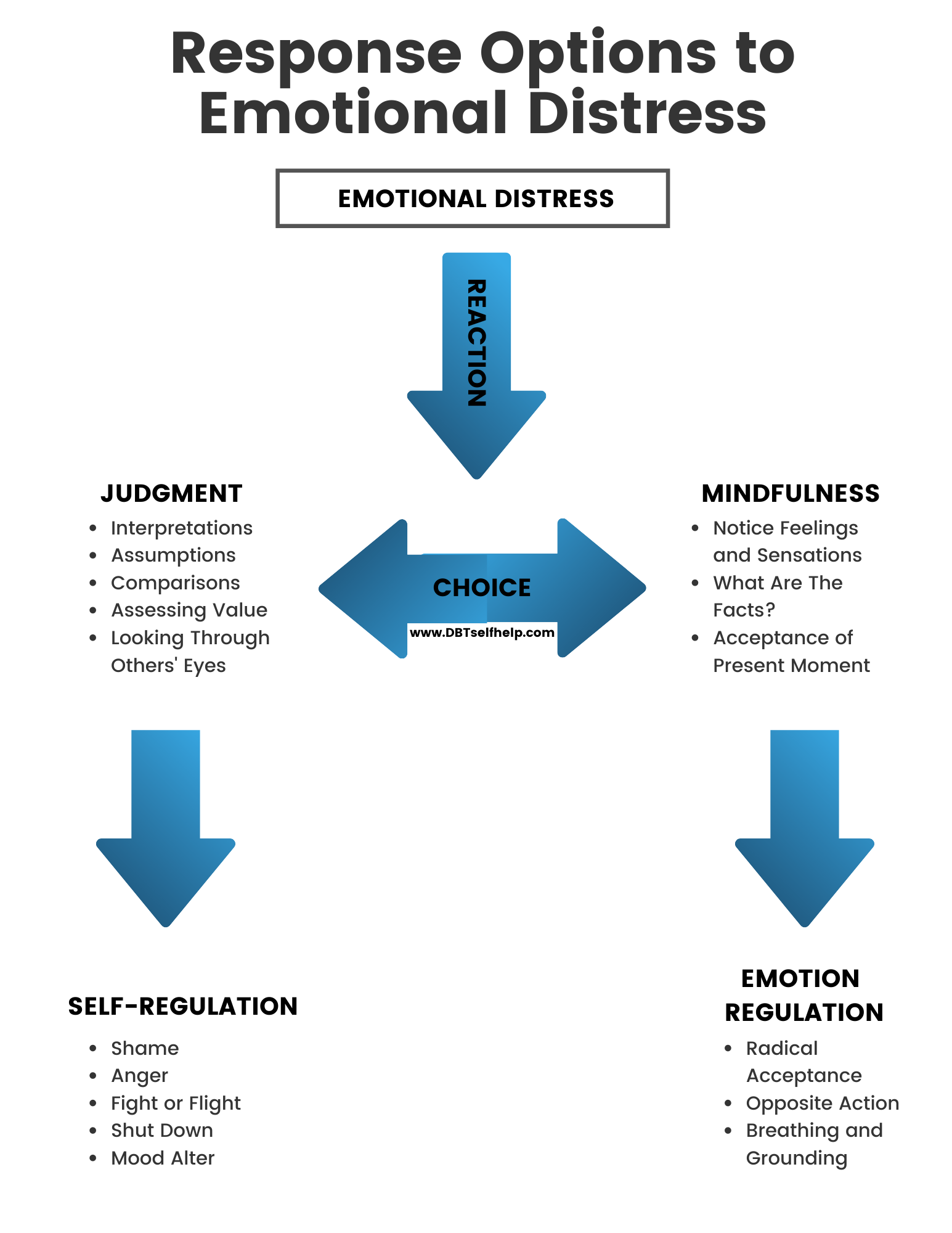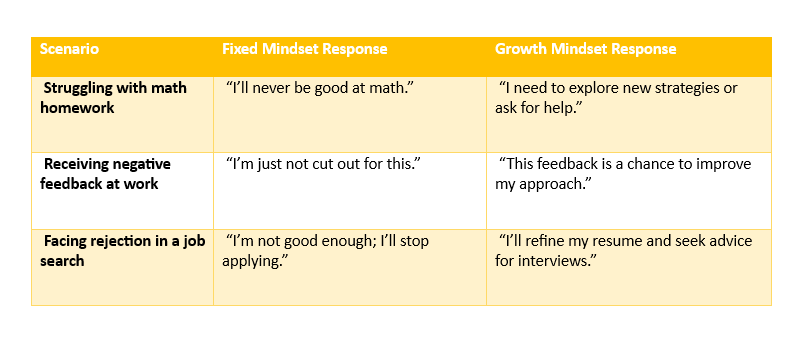Whether you’re riding the high of stellar scores or feeling low about unexpected outcomes, your Class 10 results don’t define your future — but your next steps just might.
What Can You Do After Your Class 10 Results?
Here are some ways to get started on your post-1oth life-
1. Pause and Process Your Emotions
After any high-stakes result, your brain releases cortisol (stress) or dopamine (pleasure), which can cloud clear thinking (McEwen, 2007). Before making decisions, allow your emotions to settle.

What you can do:
- Journal your thoughts for 10 minutes a day.
- Talk to someone — a friend, a school counselor, or even a helpline.
- Practice deep breathing or mindfulness apps like Headspace or Insight Timer.
“Feelings are visitors — acknowledge them, but don’t build them a house.”
2. Unpack the Meaning of Success and Failure
People with a growth mindset view mistakes as opportunities to learn (Dweck, 2006). This mindset correlates with greater resilience and long-term achievement.
What you can do:
- Reflect: What did you learn about your habits or interests this year?
- Watch: Carol Dweck’s TED Talk, The Power of Believing You Can Improve.
- Shift focus: From “What are my marks?” to “What can I do next?”

Read More- Growth Mindset
3. Take a Career Interest Assessment
Using tools like the Holland Code (RIASEC) or MBTI can help match your personality and interests with career clusters (Nauta, 2010).
What you can do:
- Try free tools like Truity or MINDLER.
- Note your top interests and align them with available streams (e.g., a social personality might thrive in humanities, law, or social work).
4. Explore All Streams & Not Just the Popular Ones
Decision paralysis can happen when choices are too limited or too broad (Iyengar & Lepper, 2000). Knowing all your options reduces regret and anxiety.
What you can do:
- Science: not just doctors and engineers — think data science, biotech, environmental design.
- Commerce: marketing, entrepreneurship, economics, e-commerce.
- Arts: psychology, law, journalism, design, history.
Look into alternative routes:
- Polytechnic diplomas
- ITI (Industrial Training Institute) courses
- NIOS (open schooling) with flexible pacing
- Vocational courses (hospitality, design, coding, etc.)
- Online certifications on platforms like Coursera or Skillshare
Read More- Career Paths After 10th Grade
5. Talk to Professionals & Not Just Relatives
We’re more influenced by close networks, but they may not always offer accurate information (Krackhardt, 1992).
What you can do:
- Book a session with a certified career counselor.
- Conduct 15-minute informational interviews with people in fields you’re curious about.
- Attend virtual career fairs or free webinars.
6. Make a Skill-Building Plan (Regardless of Marks)
Self-efficacy, or belief in your ability to act, builds confidence and resilience (Bandura, 1997). Skill-building boosts self-efficacy.
What you can do:
Choose 1–2 practical skills to learn this summer:
-
- Graphic design
- Public speaking
- Digital marketing
- Excel, Python, or Canva
Use free resources like:
7. Set a Short-Term Plan & Not a Life Plan
Big decisions are best made incrementally. Committing to short-term, flexible goals reduces anxiety (Gollwitzer & Sheeran, 2006).
What you can do:
Use the SMART goal format (Specific, Measurable, Achievable, Relevant, Time-bound):
-
- “I will research 3 career options this week and write a pros/cons list.”
- “I will finish a digital course in basic coding by July.”

8. Prepare for Setbacks and Detours
Regret is a normal response, but it’s healthier when paired with future-focused actions (Roese, 2005).
What you can do:
-
- Create a Plan B and even a Plan C.
- Know that stream changes are possible later (with bridge courses or open school support).
- Surround yourself with a support circle — people who remind you you’re not your marks.
You’re More Than a Number
Marks are feedback — not a final verdict. What matters more is how you respond to them. Take small steps, explore your curiosity, and make choices rooted in self-awareness, not fear or comparison.
References
Bandura, A. (1997). Self-efficacy: The exercise of control. W.H. Freeman.
Dweck, C. S. (2006). Mindset: The new psychology of success. Random House.
Gollwitzer, P. M., & Sheeran, P. (2006). Implementation intentions and goal achievement: A meta‐analysis of effects and processes. Advances in Experimental Social Psychology, 38, 69–119.
Iyengar, S. S., & Lepper, M. R. (2000). When choice is demotivating: Can one desire too much of a good thing? Journal of Personality and Social Psychology, 79(6), 995–1006.
Krackhardt, D. (1992). The strength of strong ties: The importance of philosopher networks in organizations. In Networks and Organizations: Structure, Form, and Action (pp. 216–239). Harvard Business School Press.
Lee, W., & Lee, M. (2020). The role of self-compassion in the academic stress model. Psychology in the Schools, 57(9), 1459–1470.
McEwen, B. S. (2007). Physiology and neurobiology of stress and adaptation: Central role of the brain. Physiological Reviews, 87(3), 873–904.
Nauta, M. M. (2010). The development, evolution, and status of Holland’s theory of vocational personalities: Reflections and future directions. Journal of Vocational Behavior, 77(2), 116–123.
Roese, N. J. (2005). If only: How to turn regret into opportunity. Broadway Books.
Subscribe to PsychUniverse
Get the latest updates and insights.
Join 3,045 other subscribers!
Niwlikar, B. A. (2025, May 2). Beyond the Marks: 7 Insightful Things to Do After Class 10 Results. PsychUniverse. https://psychuniverse.com/7-insightful-things-to-do-after-class-10-results/



